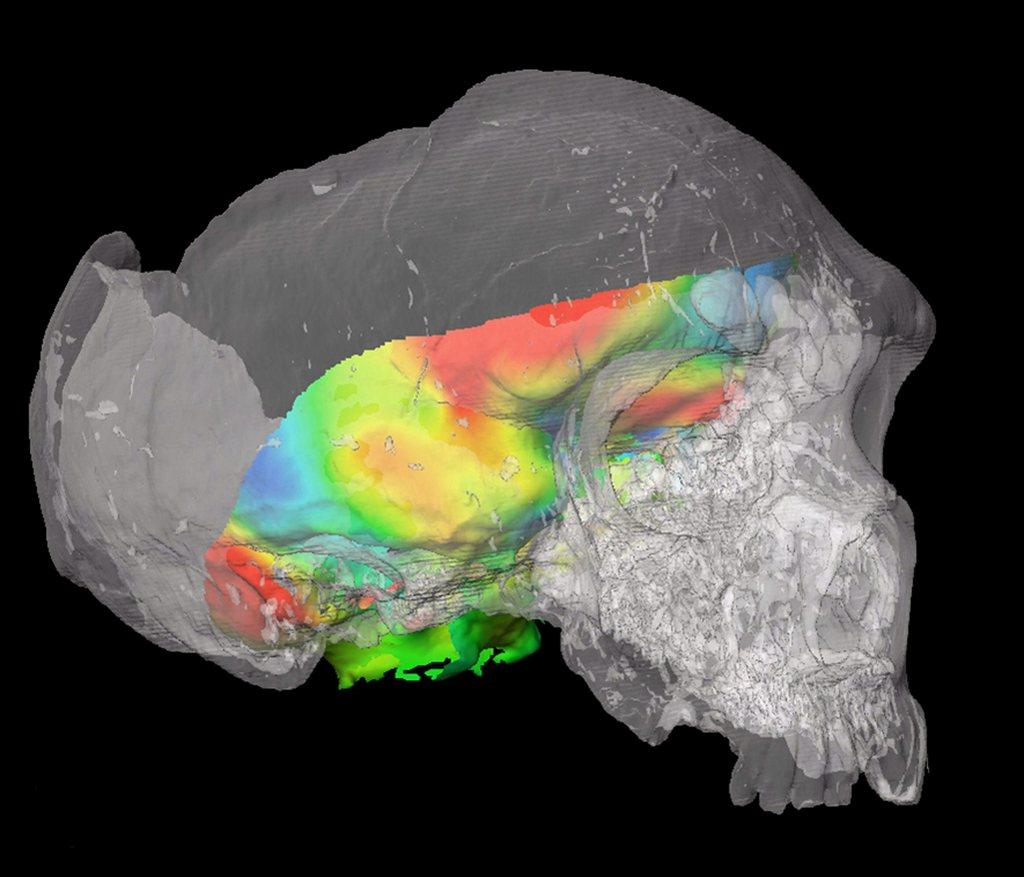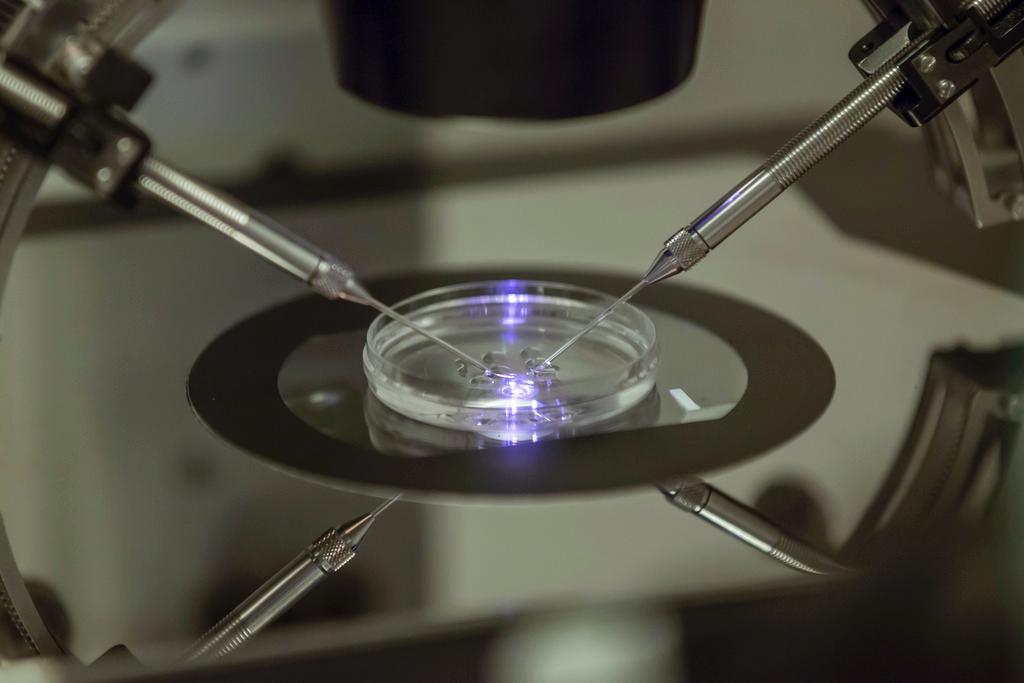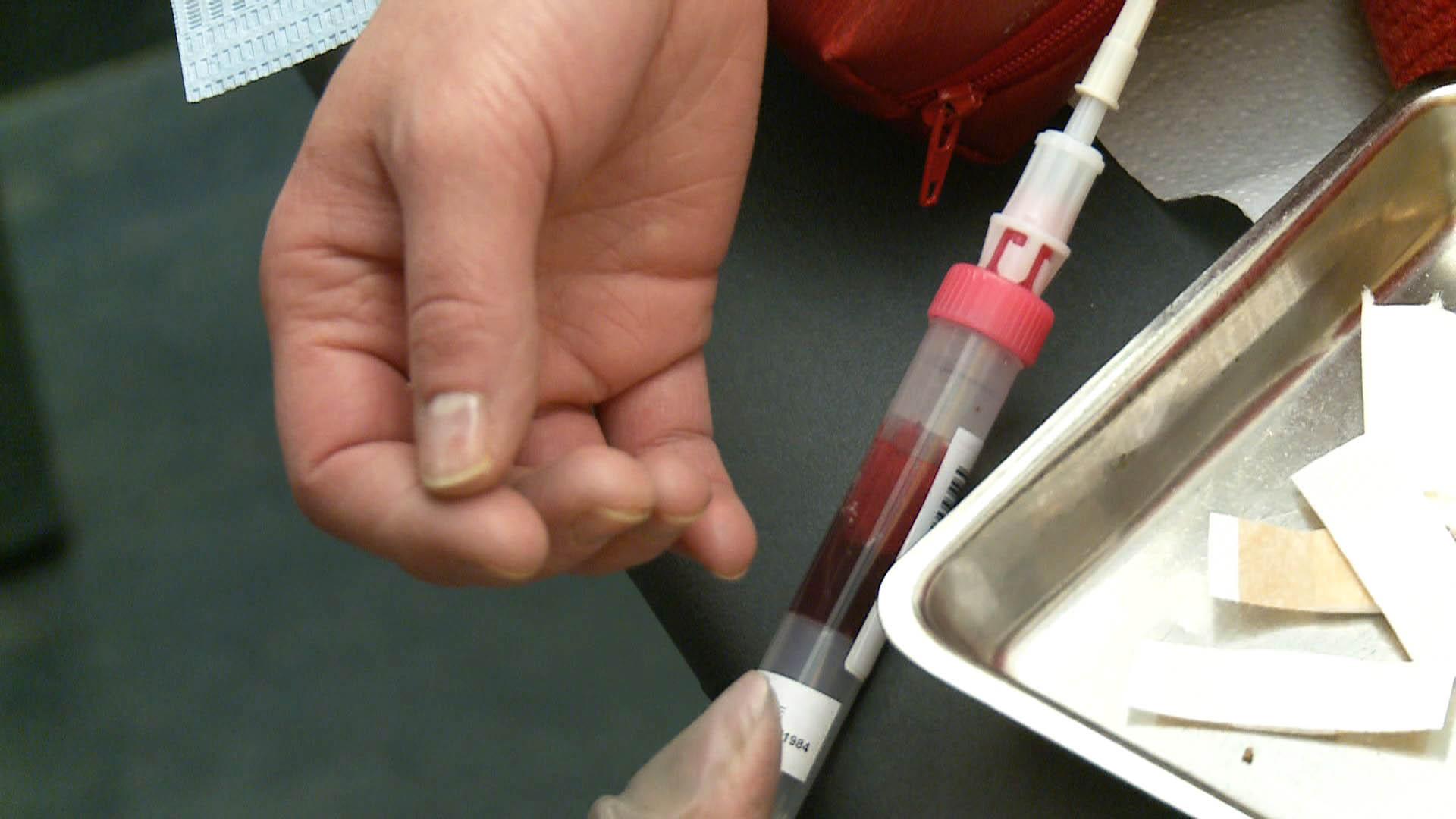More than 80 genetic factors in human growth

Researchers in Lausanne say a massive new study has identified 83 genetic variations that play a role in determining human size, a breakthrough that could to predict the risks or severity of diseases.
The study, published in Nature on February 1, involved measuring the presence of 250,000 genetic variations among 700,000 participants. It was carried out by an international team of more than 300 researchers spread among five continents, including some from the Swiss Institute of Bioinformatics (SIBExternal link)
Zoltán Kutalik, an assistant professor of social and preventative medicine at Lausanne University Hospital, said the study’s success was due to its large sample size. He co-directed the research with American, British and Canadian scientists.
“It was already known that parents whose size is above-average often have children bigger than average, and vice versa,” Kutalik said in a statement from the hospitalExternal link.
“We therefore suspected that the transmission of genetic information from parents to children was the primary factor in determining the size of an individual. Our study proved that this was indeed the case.
Genome-wide association
The researchers say individual effects influenced size only by about one millimetre even though several DNA changes were found. However, some of the genetic variations – affecting things like bone development, cartilage and growth hormones – could mean a difference of two centimetres, or 20 times more than previously known.
Over the past decade scientists have been using a method called genome-wide association study to identify hundreds of DNA changes that influence height. But the effect of these DNA changes was often small.
As a result of the study, Kutalik said, the researchers can now start identifying similar genetic variations that can influence the risk of developing diabetes, cancer, schizophrenia or cardiovascular diseases.

In compliance with the JTI standards
More: SWI swissinfo.ch certified by the Journalism Trust Initiative




You can find an overview of ongoing debates with our journalists here. Please join us!
If you want to start a conversation about a topic raised in this article or want to report factual errors, email us at english@swissinfo.ch.